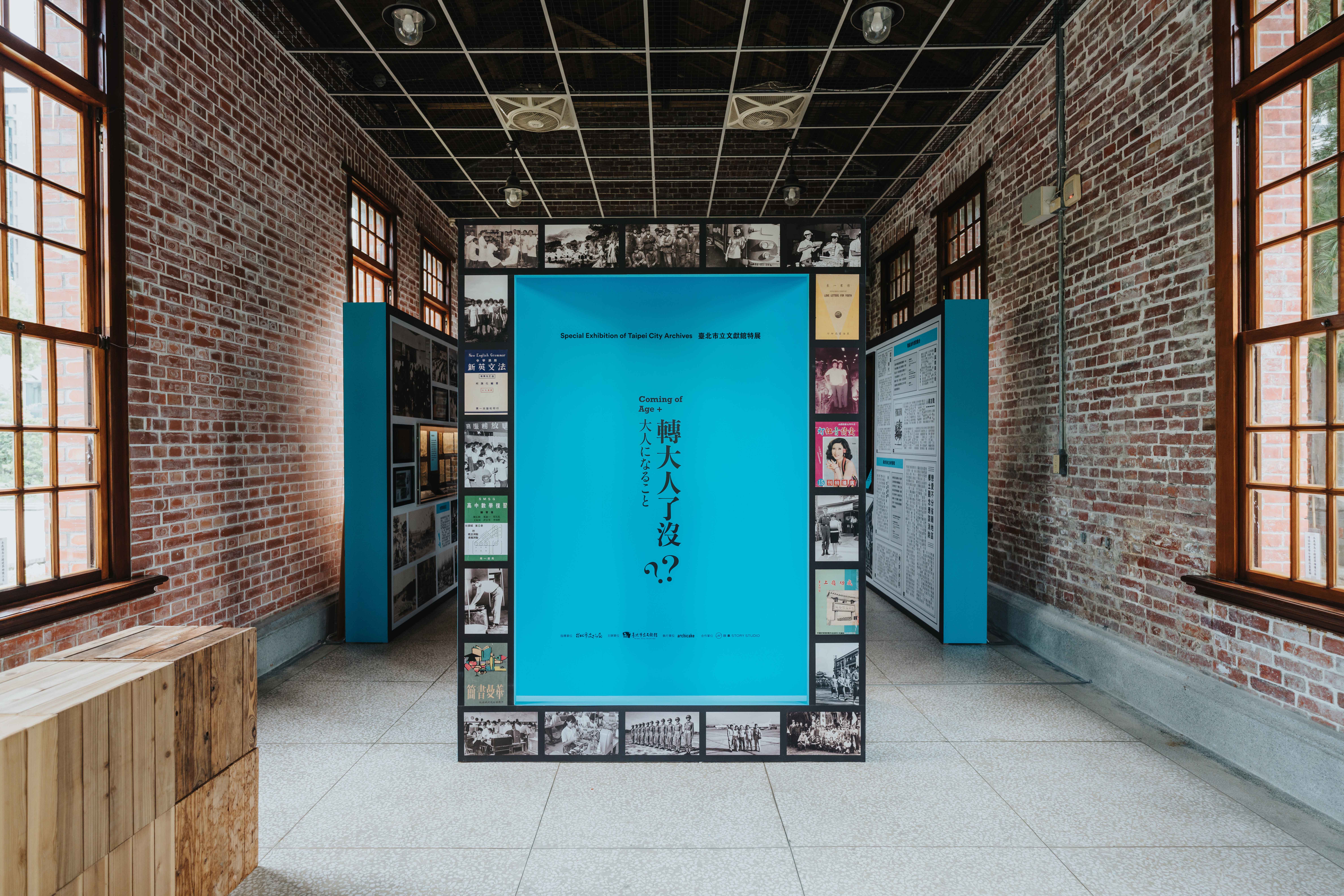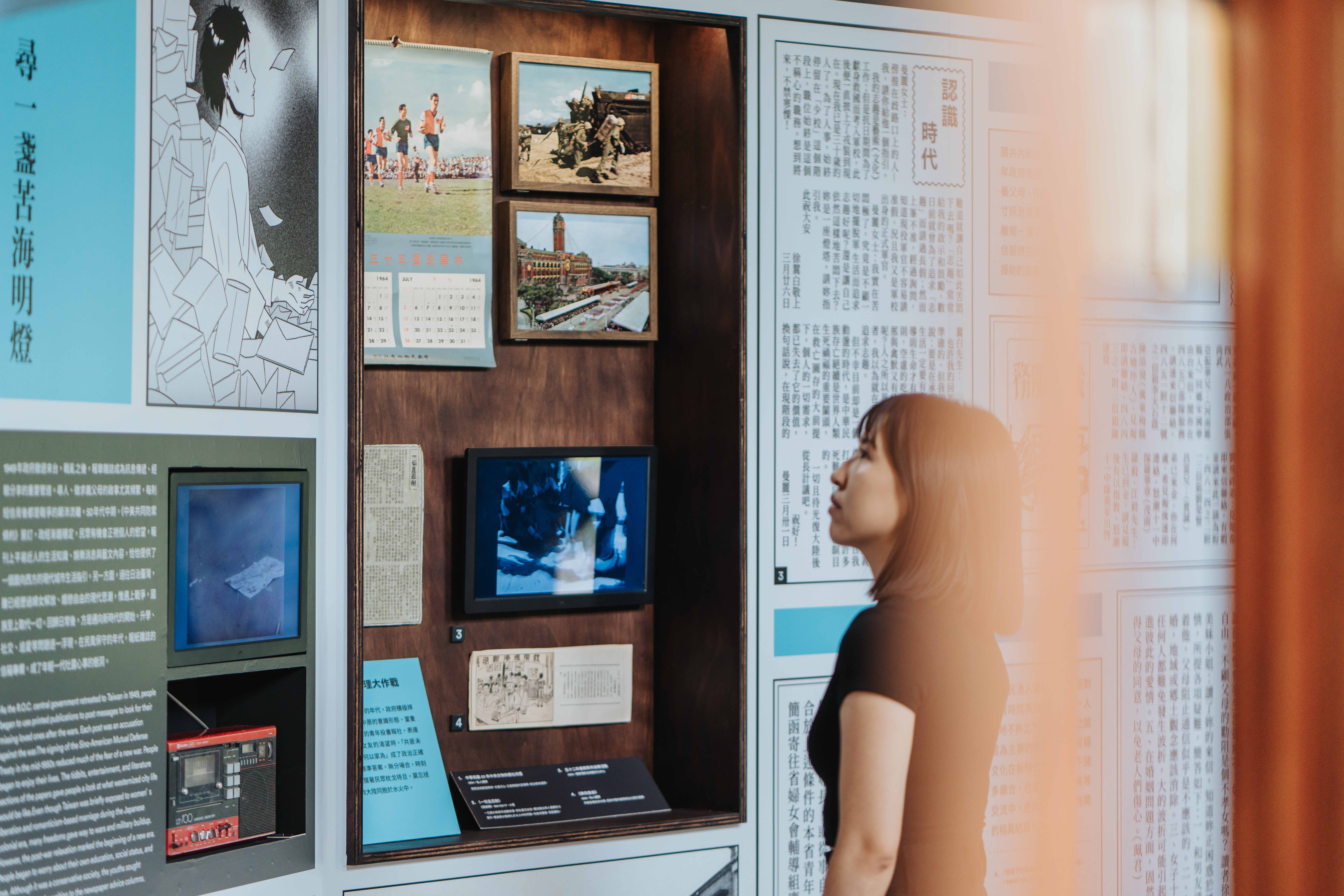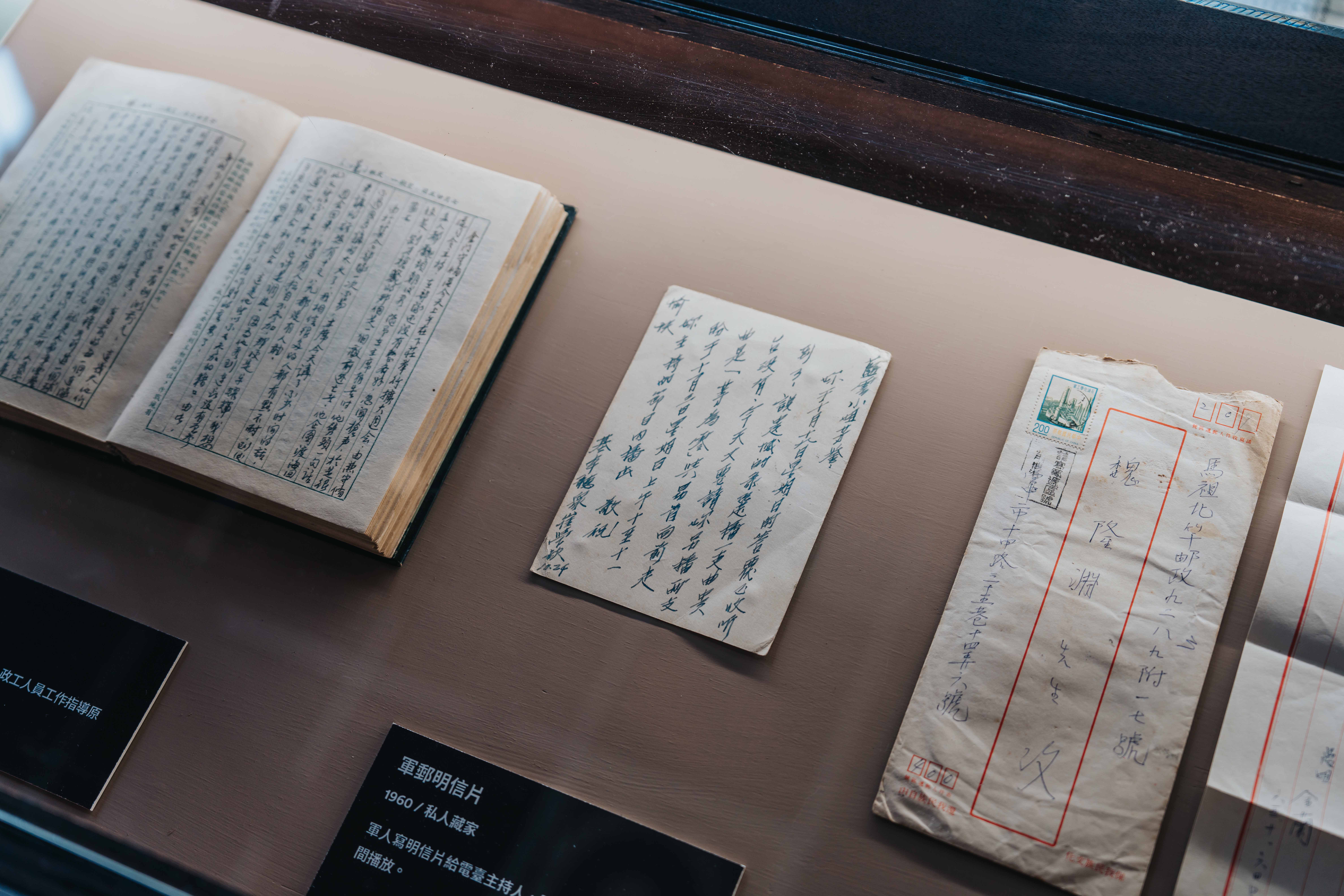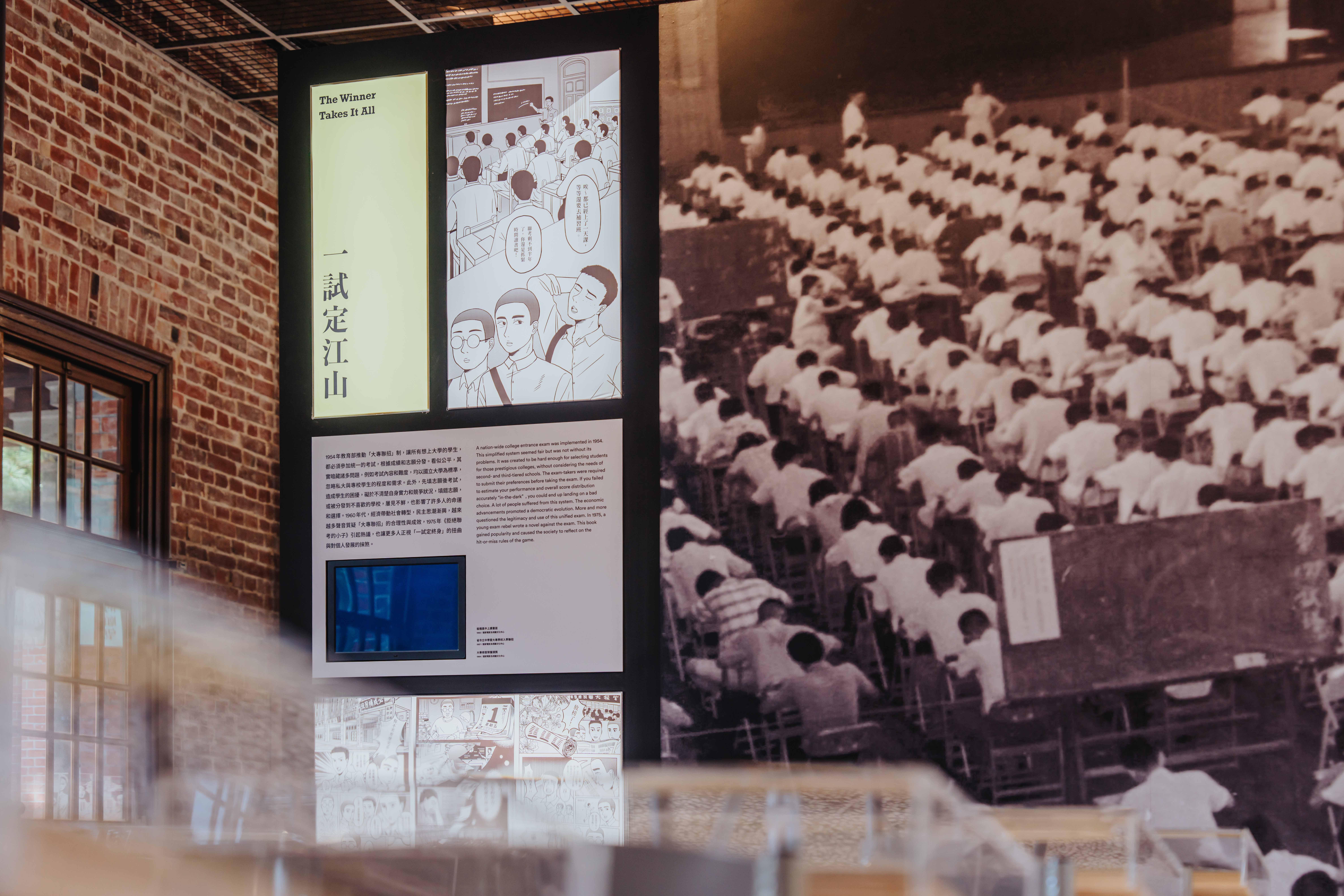台語的「登大人」意味著進入青春期,只是身形發育了,就等於進入大人的世界嗎?成為「大人」的條件是什麼?
近代教育的立基,本身就蘊涵了養成合格的大人、為國家社會所用的意圖。然而漫漫成長路,總是有些課堂上沒教,師長也不見得經歷過的狀況題,在沒有谷歌大神沒有Dcard的年代,報紙的信箱專欄、雜誌上的心理測驗、廣播主持人安定心神的音聲…,都成了解決疑難雜症的人生導航。
本次特展即是以1960年代前後的年少心事:升學、追愛、當兵、聯考為主題,透過當時的社會服務信箱、雜誌徵友平臺,如同時空膠囊般,留下青春的跡證。成長猶如一場打怪的過程,少年維特很煩惱,少女情懷也並不總是詩。提問中的迷惘、抗爭、自我懷疑,透露著時代的氛圍,而答覆恰恰勾勒出當時的主流意識。歷經近半個世紀,社會價值可能有了截然不同的改變,跟著本展覽的情境設計,回顧上一代的青春亂流期──現在的你,會怎樣為他/她指點迷津?
Coming-of-age in Taiwan may be called “tńg-tuā-lâng” or turning into an adult. How does one become an adult? What does it take to enter adulthood besides physical changes?
One of the goals of modern education is to foster teens into adults, so they can contribute to society. However, life is full of uncharted territories where books and teachers can hardly provide help. Long before the Internet, boys and girls sought help from the heartwarming words of columnists and soothing voices over the radio.
This exhibition takes us to the life stories of the youngsters of the 1960s: education, romance, military service, and examinations. We have uncovered time capsules in youth-oriented columns and penpal magazines. Growing up can be a lot of pain. The questions, struggles, and self-doubts encased in these letters revealed some of the era’s zeitgeist. Answers given to them were crafted to adhere to the era’s mainstream values. Half a century later, we are now living in a very different world. What would you say to these members of an earlier generation to guide them out of their troubled youth?









